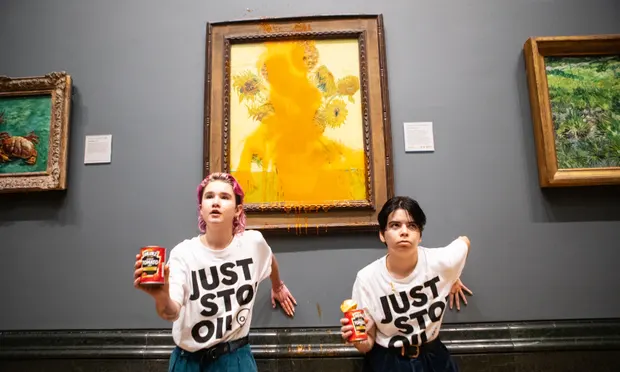-
Let’s gauge firms’ real CO2 footprints
Greenhouse gas jargon has become a common part of corporate life. Even the most detached executive will have an idea of so-called Scope 1, 2 and 3 emissions in their carbon footprint. But the current way these metrics are compiled is too generous. Scopes 1 and 2 are now widely reported. Scope 1 quantifies greenhouse gas (GHG) emissions linked to operations under a firm’s ownership and control. Scope 2 refers to emissions embodied in bought-in electricity. Both are useful data points, yet when oil companies publish ambitions to become carbon neutral, these tend to represent the limit of their ambitions. Their offer is effectively that at some time around 2050…
-
The Rise of the Robot: Dispelling the myth
Robotisation is probably going to be a temporary phenomenon: planetary limits will (within a generation or at most two) severely limit the supplies of raw materials and energy needed to enable large-scale robotisation, and pollution-crises – part-speeded-up by huge investments in automation/robotisation – will have the same effect. The question is whether we can rein in robotisation soon enough to ensure that ‘Peak Robot’ occurs under our control, and not as a result of a crash forced on us by collapsing ecosystems. The delusion of endless growth In the heady days of early industrialization, when infinite economic growth was the unchallenged dogma that promised to dispel the twin evils of…
-
A burning issue: embodied emissions
I recently submitted evidence to a key Parliamentary Select Committee on a key issue of our time: the huge increase in carbon emissions from the burning of fossil fuels relatively inefficiently in parts of the world which have low levels of state regulation (e.g. China). This ‘outsourcing’ or ‘offshoring’ of emissions completely undermines Britain’s supposed reduction in carbon emissions since 1990. We share one world. It doesn’t benefit us or our common world at all if we reduce carbon emissions in one place, only to increase them more in another… Memorandum submitted by Dr. Rupert Read (CON 09) Dr. Rupert Read, University of East Anglia and Co-ordinator of Eastern England…
-
We told you so
If something bad happens, people who had warned that it was likely often say, “I don’t like to say it, but, I told you so!” Why is it that one is supposed not to like to say it? Is it perhaps that we don’t like to admit it when we were wrong, especially when we were warned that we were wrong? Are people who make us realise that we made a predictable – almost wilful – mistake unwelcomed because of that fact? The honest truth is that we ought to listen to those who told us so. They saw it coming – they will be better at heading it off,…









